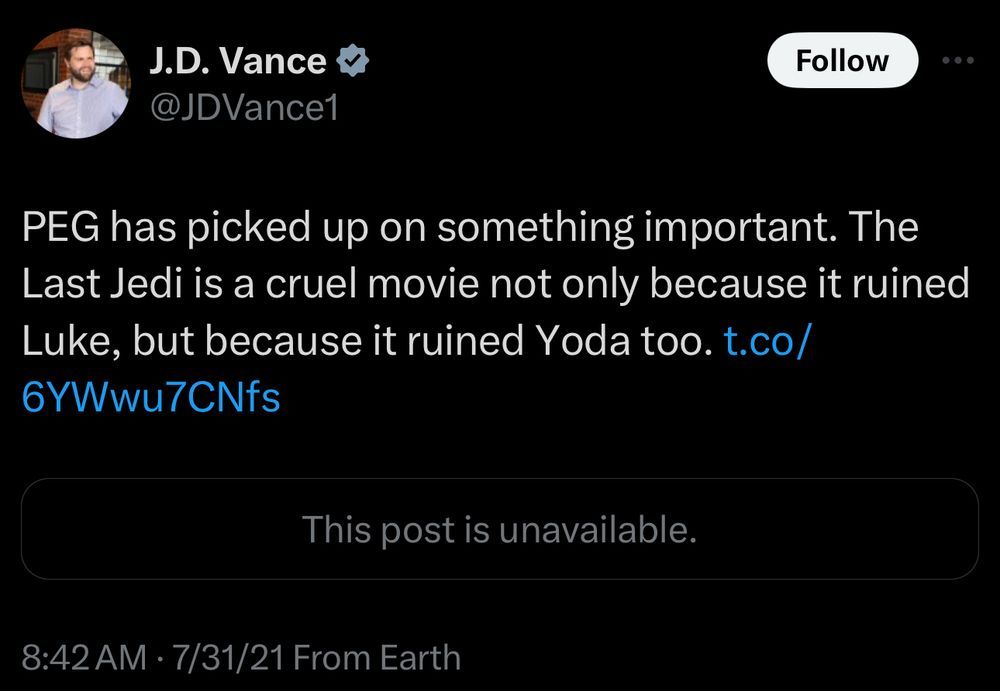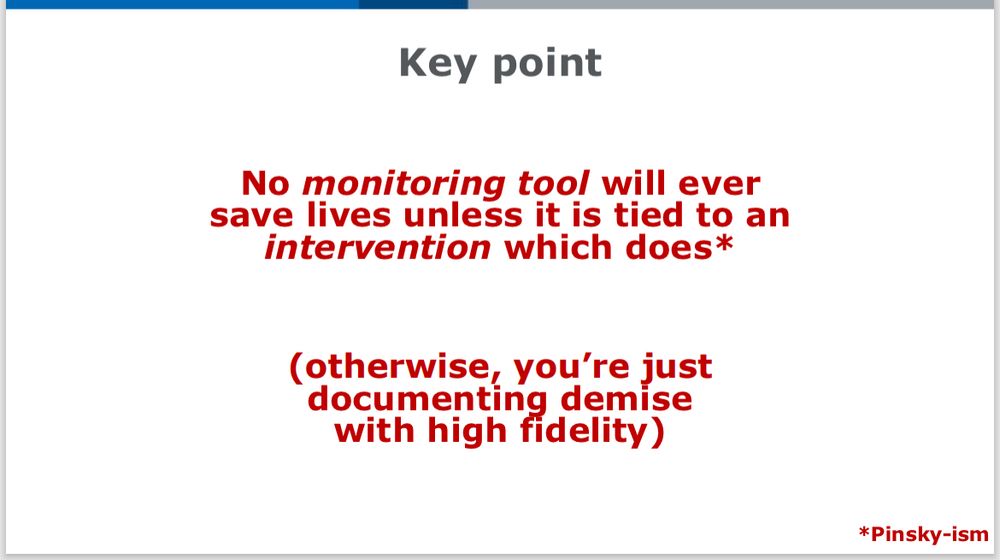Makes me proud to be an R user.
Makes me proud to be an R user.



IMO, if you want to use Bayesian statistics in your professional work, either (a) work through at least one Bayesian textbook yourself or (b) collaborate with someone who has already done that work themselves.
Take your data seriously.
IMO, if you want to use Bayesian statistics in your professional work, either (a) work through at least one Bayesian textbook yourself or (b) collaborate with someone who has already done that work themselves.
Take your data seriously.
genzplyr is dplyr, but bussin fr fr no cap.

genzplyr is dplyr, but bussin fr fr no cap.

Researchers often defend suboptimal practices by referring to future studies with better designs.
But: Why would anybody run those studies when you can just throw a bunch of variables into a regression and make sweeping "preliminary" claims?

Researchers often defend suboptimal practices by referring to future studies with better designs.
But: Why would anybody run those studies when you can just throw a bunch of variables into a regression and make sweeping "preliminary" claims?



especially "resist mathematical defaults", "rank tests have stronger assumptions than the t-test" & "ordinal data is not the easy option"
a very different take from Frank Harrell's writing on the subject!




especially "resist mathematical defaults", "rank tests have stronger assumptions than the t-test" & "ordinal data is not the easy option"
a very different take from Frank Harrell's writing on the subject!
Research by Vosgerau et al suggests decision-makers tend to interpret correlational relationships as causal when sample sizes are large (vs small)—even when given experimental evidence showing no or opposite causal effect:
buff.ly/5ZjWJ8E



youtu.be/YL0co26ng-g?...
youtu.be/YL0co26ng-g?...
#RStats (Maybe @solomonkurz.bsky.social?)
#RStats (Maybe @solomonkurz.bsky.social?)
We like to explain it with capybaras and bicycles.

We like to explain it with capybaras and bicycles.

